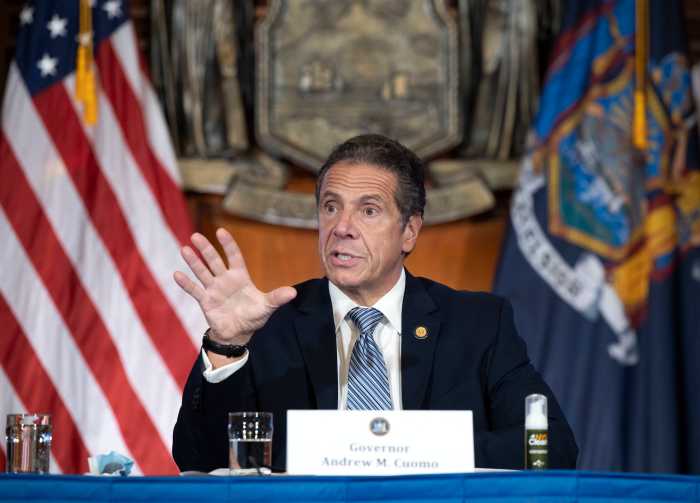11 U.S. cities have been selected to host World Cup games for FIFA in 2026. New York and New Jersey were selected as a joint bid with games to be played at MetLife Stadium.
Excitement for the first World Cup since 1994 started last week when, in a joint watch party in New Jersey, officials from both states partied the thousands of onlookers celebrated the biggest sporting event in the world being played in their own backyard.
There’s another side to FIFA choosing New York and new Jersey though that has nothing to do with the sport.
World Cup Economics
The economics of FIFA are well known and talked about. Not every country selected to host the event is able to overcome the large amount of tourists, or lack of revenue that is generated from the game.
In 2010, South Africa hosted the World Cup and went into debt shortly after due to the cost of being the host country.
Herrick LLP executive chairman, Irwin Kishner explained that while there are instances of countries struggling economically after hosting the World Cup, the benefits far outweigh the risks.
“These contests, if they are promoted properly, can be a nice economic boost to the venues that host it. Kishner said “Provided you already have the infrastructures in place, and my understanding is that all these host cities do, it’s not a major capital investment like building an Olympic venue.”
FIFA retains all tv contract and ticket sales revenue that is made during the World Cup. With that, these host cities are not going to be retaining as much revenue as they possibly could. Kishner believes that doesn’t tell the whole story.
“The fact that a World Cup is going to be in Kansas City, bringing international renown to a venue which will have a lasting impact. I think there’s an associated benefit that gets produced as a result of hosting a World Cup…When a person comes and sees a match and stays in a city for two nights, there’s hotel and travel that FIFA gets nothing of.” Kishner replied. Kansas City was one of the smaller cities to have been awarded a city. While compared to others in the United States, it’s not the biggest stadium to host World Cup Games.
The fact that the U.S. has 11 cities with proper stadiums though is something that we could see being a trend in other World Cup countries in the future.
“I think it promotes and enhances the sport. It gets more local participation in the sport” Kishner added. “It’s very important to continue to build the brand of soccer. In 1994, MLS was just starting up, soccer was a secondary consideration.”
In the 2022 World Cup, Qatar has built eight stadiums to accommodate the games in November. While the Western Asian country has done it’s best to get all eight stadiums ready to host guests later in the Fall, the popularity of the sport has only grown in the country.
The country is estimated close to $17 billion in revenue due to the large number of tourists that are expected to attend. Only 3 million people live in Qatar so the country is looking at different ways to accommodate over 1 million tourists.
This would only add to the revenue that the country would be able to keep.
World Cup’s Impact on MLS
While soccer, and the MLS in general have grown in popularity, the sport has generally played fifth fiddle across the country.
In 2021 alone, MLS generated over $1 billion in revenue. It’s great when comparing it to it’s previous years, especially after COVID, but compared to the other leagues like the NFL, MLB or even NHL, soccer’s revenue in the country pales in comparison.
Kishner was quick to mitigate those concerns.
“I mean soccer is the predominant international game. Part of the popularity of the MLS was because of the World Cup playing in 1994, and the women’s team winning the gold. Having the greater reach in multiple jurisdictions is a smart move and will only help.”
FIFA President Gianni Infantino made headlines earlier last week when saying that soccer would over take the NFL in the U.S. soon. While the comment was laughed off, the future of MLS is very bright according to some of it’s top leaders.
NYCFC, the defending MLS Champions, can also foresee how the World Cup will only enhance the league’s popularity.
“Having the eyes of the football world focused on New York is great for the sport in this country.” NYCFC head coach Nick Cushing said. “In 2026 everyone will be able to experience the passion for soccer that we have here – and this moment will exponentially help grow the sport in this country.”
Cushing also added that New York’s rich mix of different cultures and ethnicities will only enhance the popularity of the sport in soccer.
The MLS saw popularity grow in their inception to the World Cup being hosted by the United States in 1994. While the popularity boost that will come from these game will surely help the league, the economic benefits of hosting the event, will also come under question in the near future.
For more World Cup news, turn to AMNY.com



































